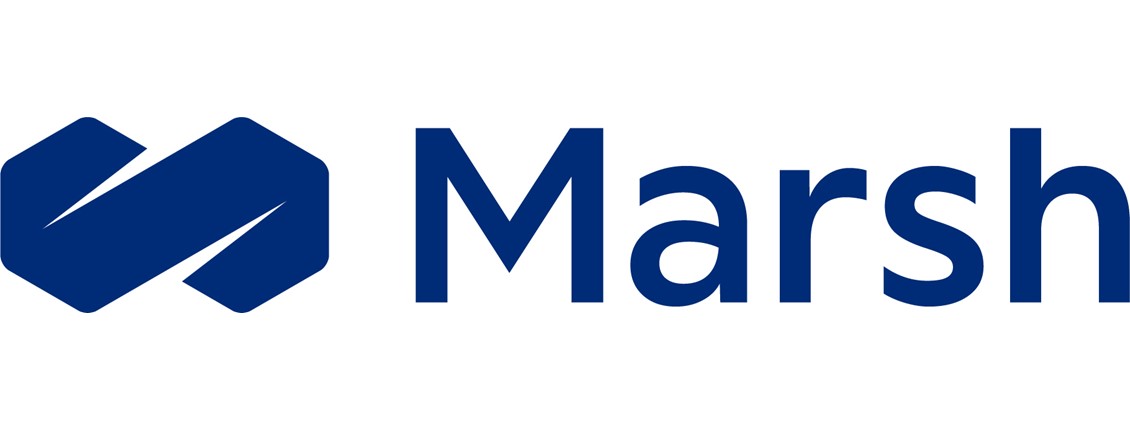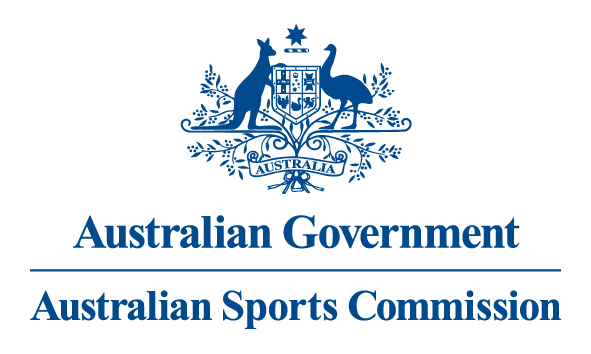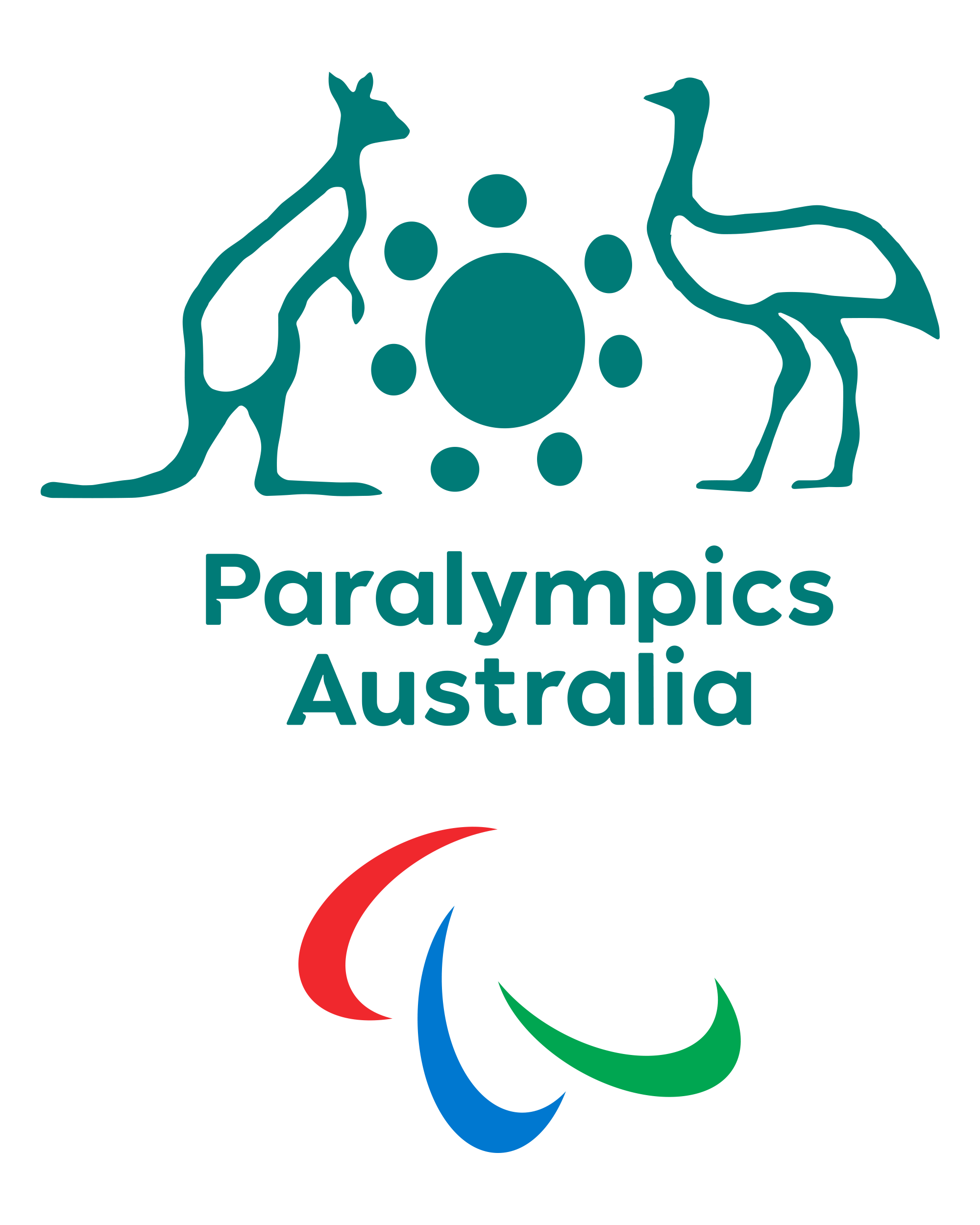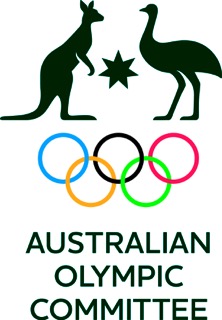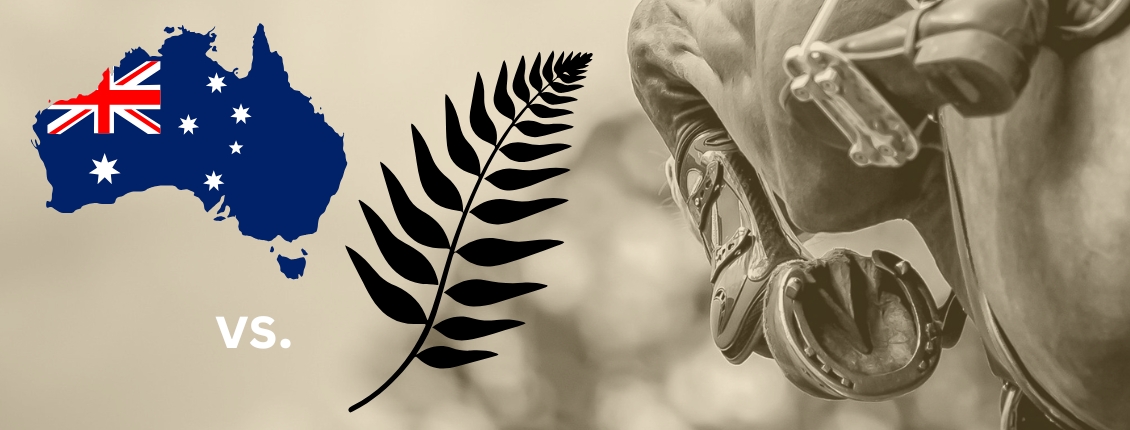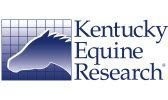
Nutrition for the Performance Horse – Back to Basics
Feeding the Performance Horse
The ultimate goal for any owner is a healthy and happy horse. As owners or trainers, we all want to do the right thing for our horses, so we read the literature, find out about different feed types and feeding practices and use our new found knowledge to devise a reasonably priced nutritional program. When you design a feed program it is important to remember that the diet needs to be balanced. This can be checked in a number of ways. It is worth noting that good nutrition doesn’t necessarily have to be complicated with hundreds of different ingredients. Remember: KISS!!
Important Points to Remember
Proper nutrition cannot make an average horse great!
But - Proper nutrition can help a horse reach his genetic potential.
If your horse feels “GOOD”, through good nutrition and management he will be more willing to work and perform for you.
Needs of the Performance Horse
Key requirements to consider when you design a feed regime for your horses are:
Energy – the horse must have enough energy to complete the work you ask of him, without overdoing it and causing feed related behavioural problems.
Protein – essential amino acids are important for building and repairing hard working muscle. It’s not just protein quantity, but protein quality that counts. Protein quality is determined by the proportion of essential amino acids.
Fat – is an excellent way of providing high-density energy. Feeding fat allows you to increase energy in the diet without adding extra grain and risking starch overload. The slow release nature of fat means it is great for endurance horses or eventers and fat also has added benefits for the horse’s coat. KER Equi-Jewel is a high fat low starch stabilized rice bran conditioning supplement that is an ideal source of fat for performance horses.
Fibre – is the most important element in the horse’s diet. Often underestimated as an energy source, fibre is the first element to consider when designing your diet. The horse is well adapted to a high fibre diet, and only requires grains and concentrates to add extra energy in small quantities.
Minerals – are an indispensable part of the horses’ daily requirements. The only mineral that horses have an appetite for and will actively seek out is sodium but it is important to ensure that requirements for all minerals are fulfilled. Macro minerals include calcium, magnesium and phosphorus, important for bone health. Micro minerals include zinc, iron etc. and are important for cellular reactions. It is believed that contrary to NRC indications, horses in hard work have a higher requirement for trace minerals than spelling horses. More research is required to determine the exact requirements of hard working horses, but it is worth considering a high concentration supplement for your performance horse diet.
Vitamins- like minerals are essential for the maintenance of many body functions and should be adequately supplied in the diet you design for your horse.
Water- is required at all times. The supply must be fresh and clean and always available.
Feeding Strategies
Every horse is different. Feeding is as much an art as it is a science. No amount of facts and figures can refute an effective feeding strategy that works even if it doesn’t add up on paper. Science and theory can help you to design a program that should work, but practical experience and trial and error will help to refine the diet to fit the individual horses’ requirements.
Feed according to the type of exercise.
Hi intensity / short duration = Starch (grain)
Low intensity / long duration = Fat & Fibre (oil/high fat feeds like KER Equi-Jewel & forage)
Moderate intensity / moderate duration = a combination of the two programs.
Summary
Nutrition can make a difference
Protein for body structure and growth
Energy for performance or conditioning
Fat such as KER Equi-Jewel for safe energy and coat condition
Fibre for energy and gut health
Macro Minerals for bone health
Micro Minerals for cellular function
Vitamins for cellular function
Minor deficiencies can have a major impact on performance.
For further assistance developing a diet for your performance horse contact one of the nutrition advisors at Kentucky Equine Research on 1800 772 198 or at [email protected].

